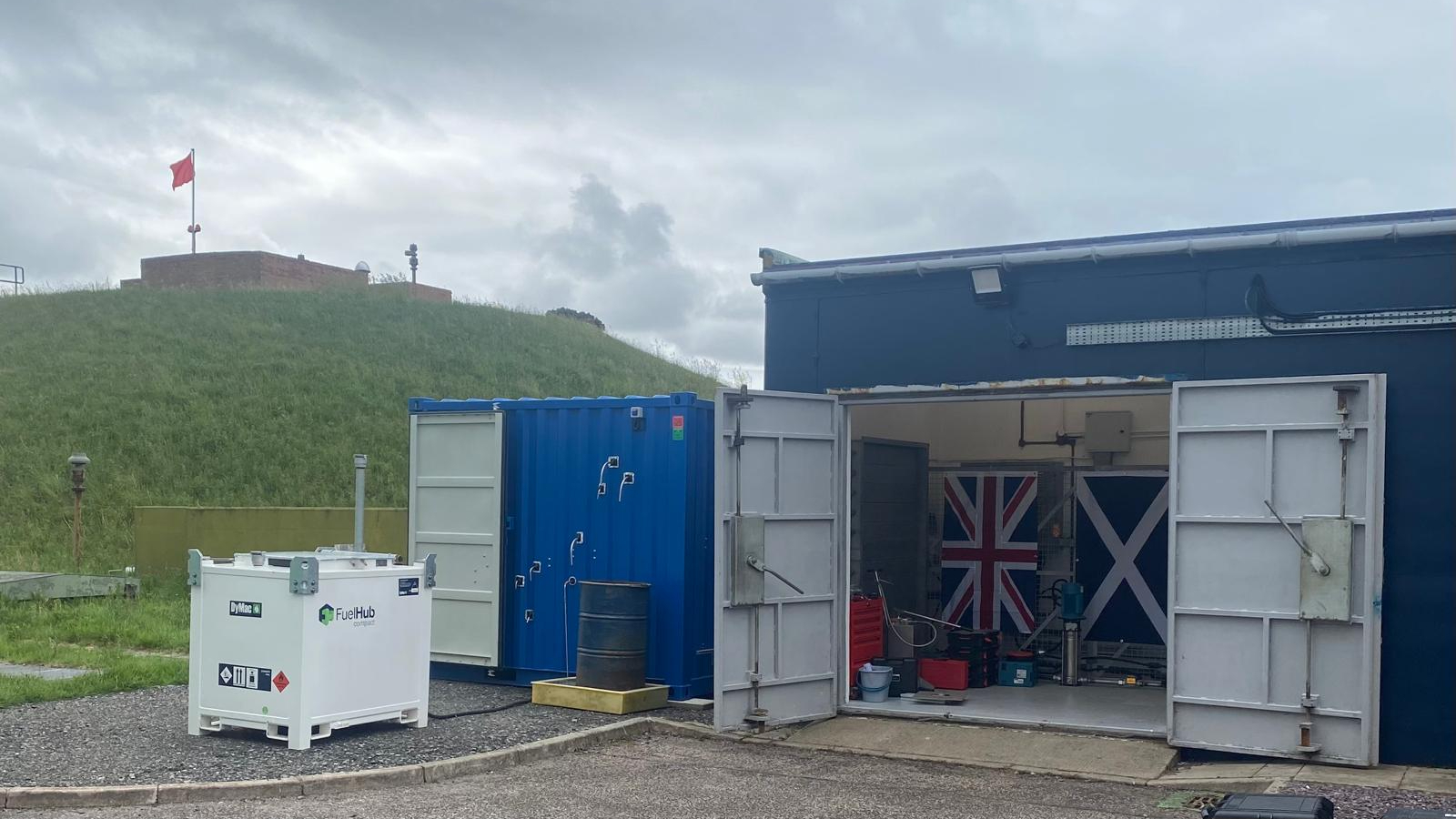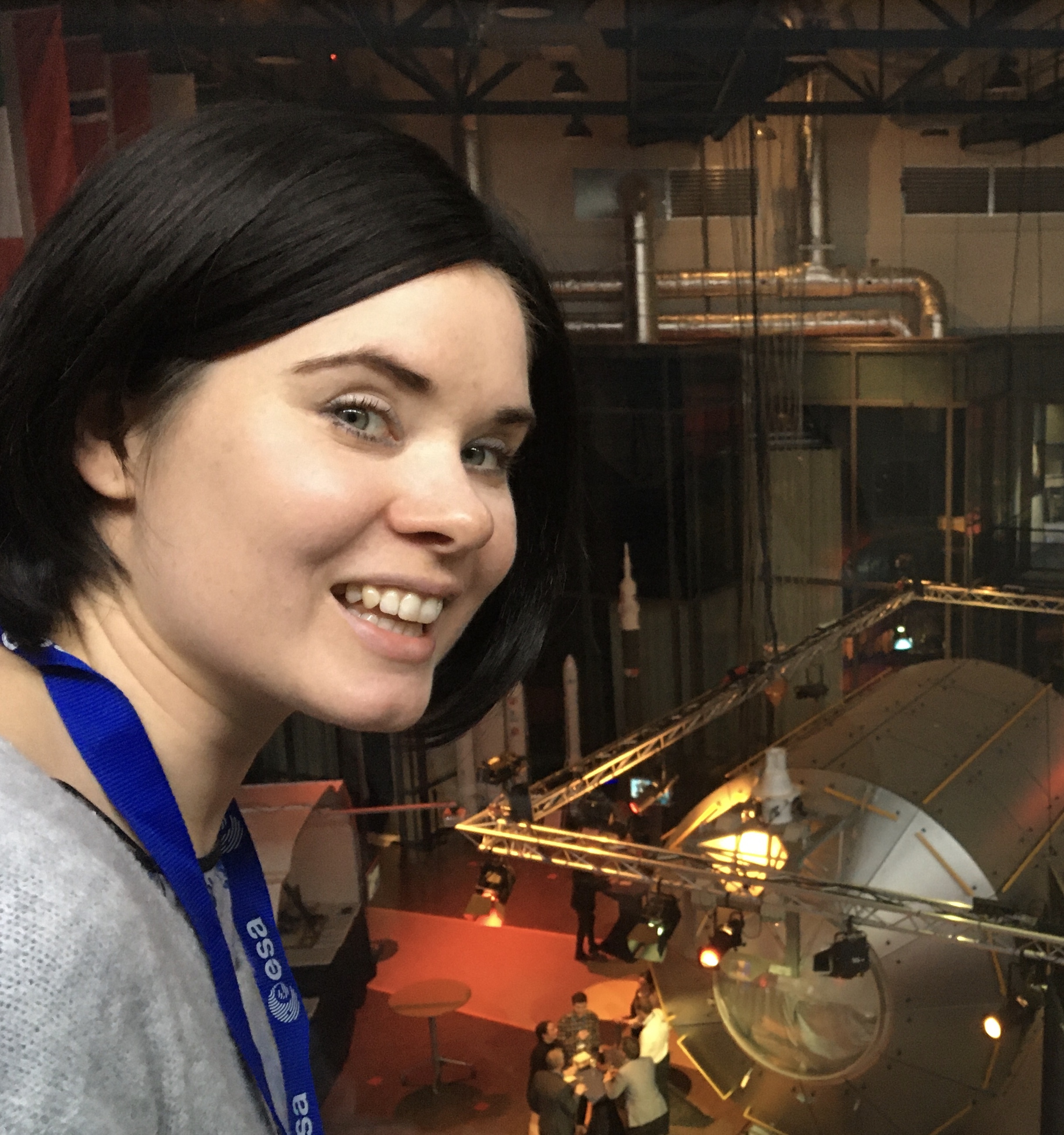UK launching new rocket engine test lab on picturesque peninsula immortalized by Paul McCartney song
"MachLab is ready to play a key role in the U.K.'s strategy to return to vertical launch, ensuring that students and researchers can access hotfire facilities in a safe and controlled environment."

Breaking space news, the latest updates on rocket launches, skywatching events and more!
You are now subscribed
Your newsletter sign-up was successful
Want to add more newsletters?

Delivered daily
Daily Newsletter
Breaking space news, the latest updates on rocket launches, skywatching events and more!

Once a month
Watch This Space
Sign up to our monthly entertainment newsletter to keep up with all our coverage of the latest sci-fi and space movies, tv shows, games and books.

Once a week
Night Sky This Week
Discover this week's must-see night sky events, moon phases, and stunning astrophotos. Sign up for our skywatching newsletter and explore the universe with us!

Twice a month
Strange New Words
Space.com's Sci-Fi Reader's Club. Read a sci-fi short story every month and join a virtual community of fellow science fiction fans!
A picturesque Scottish peninsula immortalized in a hit Paul McCartney song from the 1970s will host a new U.K. rocket development hub as the country works toward its goal of becoming a major player in European space launch.
The Mull of Kintyre peninsula in southwestern Scotland once offered refuge to the famous ex-Beatle, who lived there on a farm in the aftermath of the legendary band's acrimonious split. The peninsula's misty coastline and rolling hills inspired the namesake Wings tune that became the U.K.'s best-selling hit of the 1970s. Now, that wild landscape will become the backdrop for a different kind of history-making.
A new rocket-testing facility, dubbed the MachLab, has just opened its doors near the tiny town of Campbeltown, hoping to speed up the development of innovative engines for small rockets. For years now, the U.K. has been working toward establishing itself as Europe's gateway to space.
A January 2023 attempt to fly an air-launched Virgin Orbit rocket from a site in Cornwall failed, helping lead to the company's collapse. But several companies, including the U.K.'s homegrown Orbex and Germany's Rocket Factory Augsburg, are now positioned to begin launching vertical rockets from the SaxaVord site in the Shetland Islands, off the northern coast of Scotland, within a year.
The MachLab, overseen by the University of Glasgow, received around £500,000 (about $670,000 U.S.) in funding from the U.K. government and industry to help aid this endeavor.
"MachLab is ready to play a key role in the U.K.'s strategy to return to vertical launch, ensuring that students and researchers can access hotfire facilities in a safe and controlled environment," Professor Patrick Harkness, of the University of Glasgow's James Watt School of Engineering, said in a statement.
"MachLab will allow us to cooperate with other countries establishing or reestablishing their access to space," Harkness added. "We have already had visitors from South Africa, and we expect to welcome partners from Australia in the near future."
Breaking space news, the latest updates on rocket launches, skywatching events and more!
The facility is located on the site of the former RAF Machrahanish airbase, which housed U.S. nuclear weapons during the Cold War era.
MachLab has already hosted early-stage hotfire tests of a new kind of 3D-printed rocket engine with an advanced cooling system, a project supported by the U.K. Space Agency.
The facility's equipment can support tests of rocket engines using solid, liquid and cryogenic propellants.
"MachLab has been two years in the making, with all the systems required to operate a liquid bipropellant rocket engine being created from the ground up," Krzystof Bzdyk, a research associate at the University of Glasgow's James Watt School of Engineering, said in the statement. "We're excited to be ready to start making our mark in rocket research, development and teaching in Scotland."

Tereza is a London-based science and technology journalist, aspiring fiction writer and amateur gymnast. She worked as a reporter at the Engineering and Technology magazine, freelanced for a range of publications including Live Science, Space.com, Professional Engineering, Via Satellite and Space News and served as a maternity cover science editor at the European Space Agency.
You must confirm your public display name before commenting
Please logout and then login again, you will then be prompted to enter your display name.

